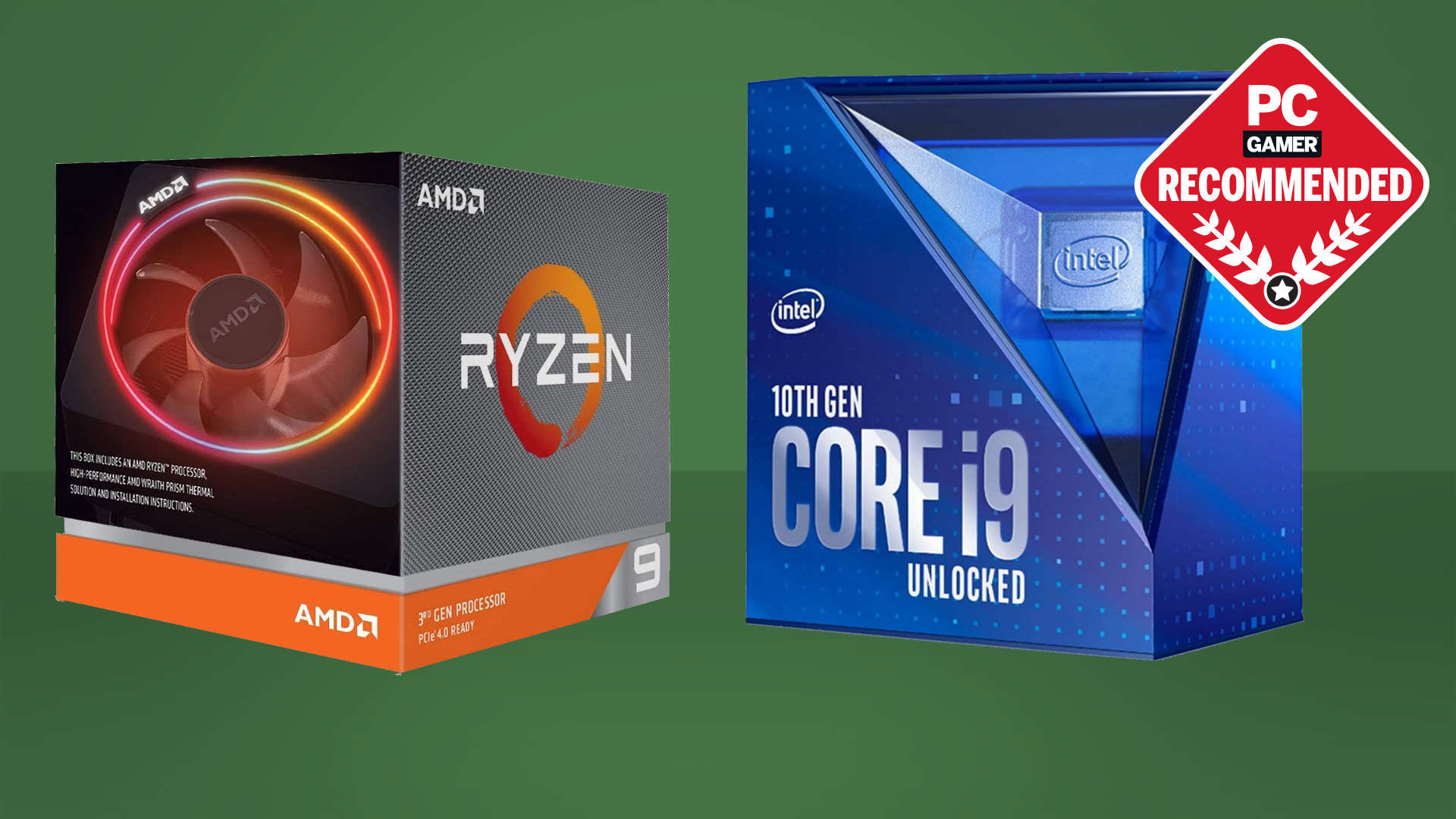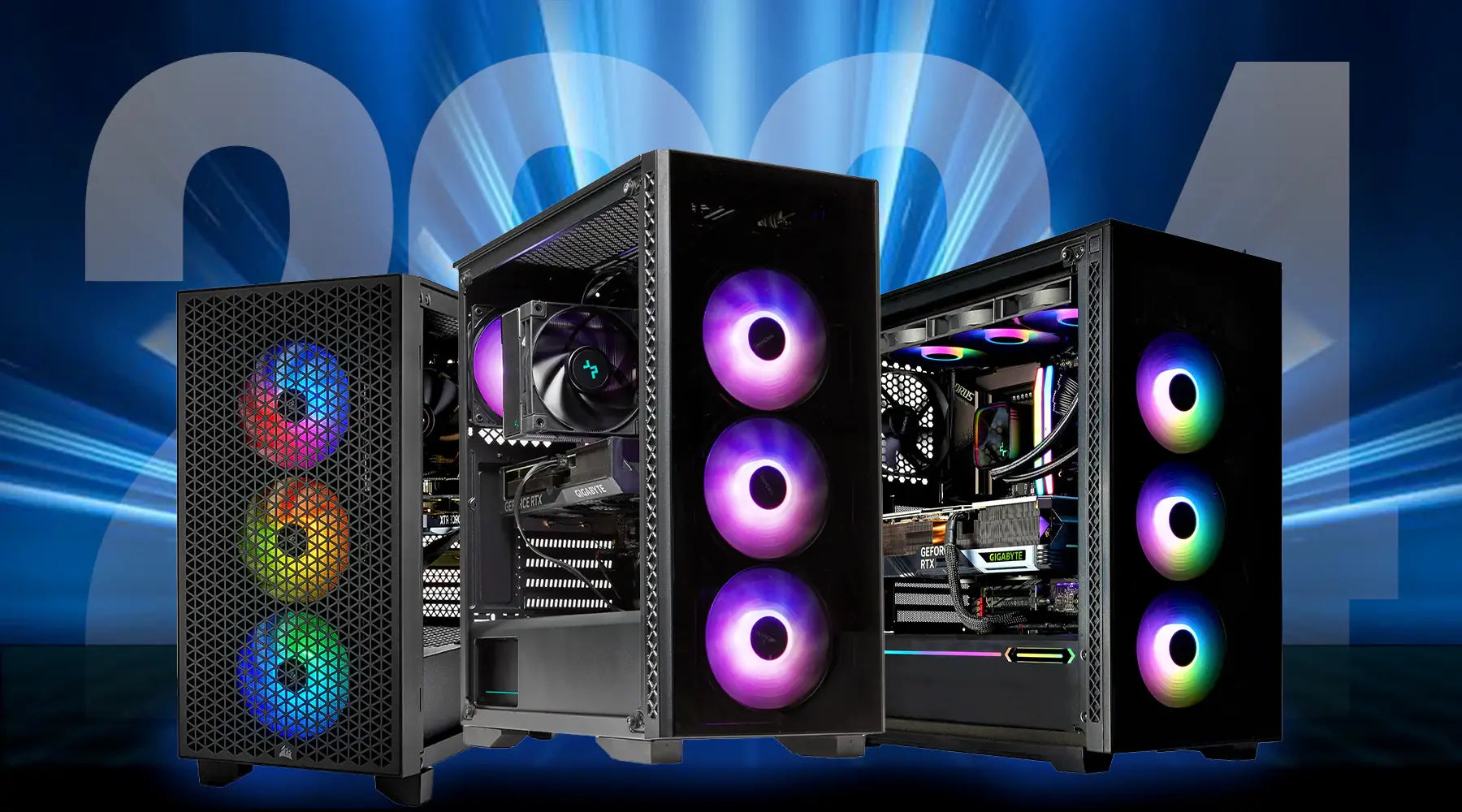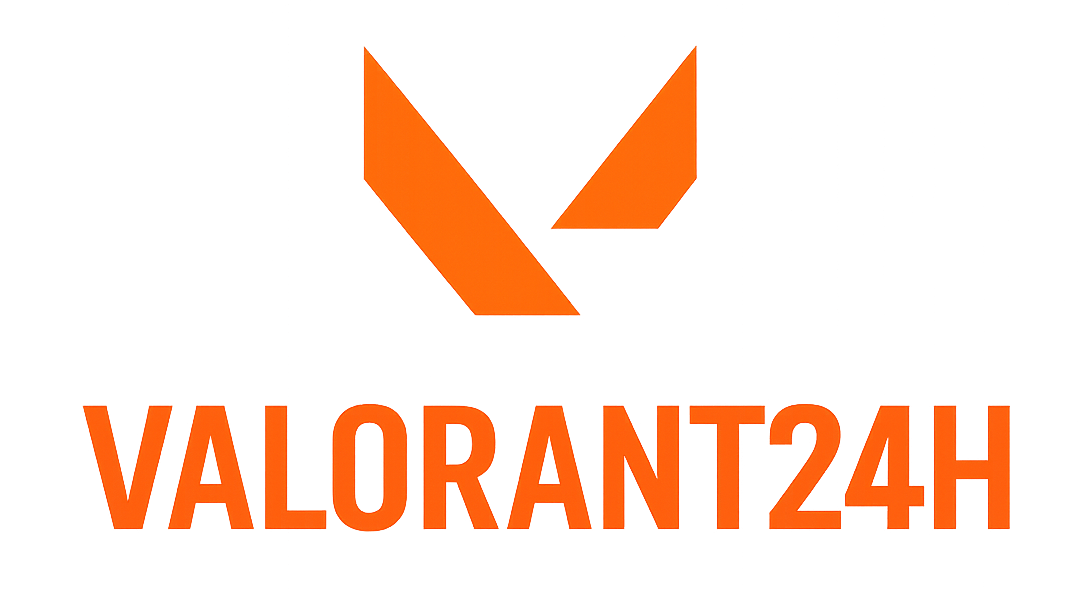
Decoding the Core: Choosing the Right CPU for Gaming Dominance
For gamers, the quest for the ultimate gaming experience is a never-ending pursuit. While a powerful graphics card often steals the spotlight, the central processing unit (CPU) is the silent architect behind smooth frame rates, responsive gameplay, and an overall immersive experience. Selecting the right CPU is crucial for unlocking your gaming rig’s full potential and avoiding frustrating bottlenecks. This article delves into the intricacies of CPUs for gaming, exploring key specifications, understanding their impact on performance, and providing guidance on choosing the perfect processor for your needs and budget.
The CPU: The Brain of Your Gaming Rig
The CPU, or Central Processing Unit, is the "brain" of your computer. It’s responsible for executing instructions, performing calculations, and coordinating the activities of all other components. In gaming, the CPU handles a wide range of tasks, including:
- Game Logic and AI: Calculating enemy movements, managing game physics, and executing AI algorithms.
- Scene Processing: Handling object interactions, managing complex environments, and preparing data for the graphics card.
- Audio Processing: Generating and processing in-game sounds and music.
- Operating System Tasks: Managing background processes and ensuring system stability.
While the graphics card (GPU) handles the heavy lifting of rendering visuals, the CPU plays a critical role in preparing the data for the GPU to process. A weak CPU can become a bottleneck, limiting the GPU’s ability to deliver optimal performance, regardless of how powerful it is.
Key CPU Specifications for Gaming
Understanding CPU specifications is essential for making an informed decision. Here’s a breakdown of the key factors to consider:
-
Cores and Threads:
- Cores: A core is a physical processing unit within the CPU. More cores generally allow the CPU to handle more tasks simultaneously, leading to improved performance in multi-threaded applications, including many modern games.
- Threads: A thread is a virtual representation of a core that allows the CPU to handle multiple streams of instructions concurrently. Technologies like Intel’s Hyper-Threading and AMD’s Simultaneous Multithreading (SMT) enable each core to handle two threads. This can improve performance in multi-threaded workloads.
- Gaming Impact: Modern games are increasingly utilizing multiple cores and threads. A CPU with at least 6 cores and 12 threads is generally recommended for modern AAA titles. While 8 cores and 16 threads offer even greater headroom and future-proofing. However, the performance gain from going beyond 8 cores can diminish in some games.
-
Clock Speed (GHz):
- Definition: Clock speed, measured in Gigahertz (GHz), represents the number of processing cycles a CPU can perform per second. A higher clock speed generally translates to faster processing speeds and improved performance in tasks that rely on single-core performance.
- Gaming Impact: Clock speed is still important for gaming, especially in older or less demanding titles. However, modern games often benefit more from having a greater number of cores and threads. Look for a CPU with a decent base clock speed and a high boost clock speed, which is the maximum speed the CPU can reach under load.
-
Cache:
- Definition: Cache is a small, fast memory that stores frequently accessed data. CPUs typically have multiple levels of cache: L1, L2, and L3, with L1 being the fastest and smallest, and L3 being the slowest and largest.
- Gaming Impact: A larger cache can improve performance by reducing the CPU’s need to access slower system memory. L3 cache is particularly important for gaming, as it can store frequently used game assets and data, leading to smoother gameplay and reduced loading times.
-
CPU Architecture:
- Definition: The CPU architecture refers to the underlying design and technology used to build the processor. Different architectures have different strengths and weaknesses in terms of performance, power efficiency, and features.
- Gaming Impact: The CPU architecture significantly impacts overall performance. Recent CPU generations from both Intel (e.g., Alder Lake, Raptor Lake) and AMD (e.g., Ryzen 5000 series, Ryzen 7000 series) have introduced significant architectural improvements that enhance gaming performance. Researching reviews and benchmarks of specific CPU models is crucial to understanding their performance characteristics.
-
TDP (Thermal Design Power):
- Definition: TDP represents the maximum amount of heat the CPU is expected to generate under normal operating conditions.
- Gaming Impact: TDP is important for choosing an appropriate CPU cooler. A higher TDP requires a more powerful cooler to prevent the CPU from overheating and throttling performance.
-
Socket Type:
- Definition: The socket type refers to the physical interface between the CPU and the motherboard.
- Gaming Impact: The socket type determines which motherboards are compatible with a particular CPU. Ensure that your chosen CPU and motherboard have compatible socket types.
Understanding Bottlenecks and CPU/GPU Pairing
A bottleneck occurs when one component in your system is significantly weaker than the others, limiting the overall performance. In gaming, a CPU bottleneck can prevent your GPU from reaching its full potential, resulting in lower frame rates and stuttering.
To avoid bottlenecks, it’s crucial to pair your CPU and GPU appropriately. A high-end GPU should be paired with a powerful CPU to ensure that the CPU can keep up with the demands of the GPU. Conversely, a low-end GPU doesn’t require an expensive CPU, as the GPU will be the limiting factor.
General Guidelines for CPU/GPU Pairing:
- High-End GPU (e.g., RTX 4080, RTX 4090, RX 7900 XTX): Requires a high-end CPU (e.g., Intel Core i7/i9, AMD Ryzen 7/9).
- Mid-Range GPU (e.g., RTX 4060 Ti, RTX 4070, RX 7700 XT, RX 7800 XT): Can be paired with a mid-range CPU (e.g., Intel Core i5, AMD Ryzen 5/7).
- Entry-Level GPU (e.g., RTX 3050, RX 6600): Can be paired with an entry-level CPU (e.g., Intel Core i3, AMD Ryzen 3/5).
It’s important to note that these are just general guidelines, and the optimal CPU/GPU pairing can vary depending on the specific games you play and your desired resolution and settings.
Overclocking: Squeezing Out Extra Performance
Overclocking involves increasing the clock speed of your CPU beyond its factory specifications. This can potentially boost performance, but it also increases heat output and can void your warranty.
If you’re considering overclocking, ensure that your CPU and motherboard are designed for overclocking and that you have a high-quality CPU cooler. It’s also essential to carefully monitor temperatures and stability to avoid damaging your components.
Choosing the Right CPU for Your Needs
The best CPU for gaming depends on your budget, the types of games you play, and your desired resolution and settings. Here are some general recommendations:
- Budget Gaming (Under $150): AMD Ryzen 5 5600, Intel Core i3-12100F
- Mid-Range Gaming ($150-$300): AMD Ryzen 5 7600X, Intel Core i5-13600K
- High-End Gaming ($300+): AMD Ryzen 7 7700X, Intel Core i7-13700K, Intel Core i9-13900K
Conclusion
Choosing the right CPU for gaming is a critical step in building a powerful and enjoyable gaming rig. By understanding the key specifications, considering your budget and gaming needs, and avoiding bottlenecks, you can ensure that your CPU is not holding back your GPU and that you’re getting the best possible performance out of your system. Remember to research and compare different CPU models before making a purchase, and consult reviews and benchmarks to get a better understanding of their performance characteristics. With the right CPU at the heart of your gaming rig, you’ll be well on your way to experiencing gaming at its finest.

